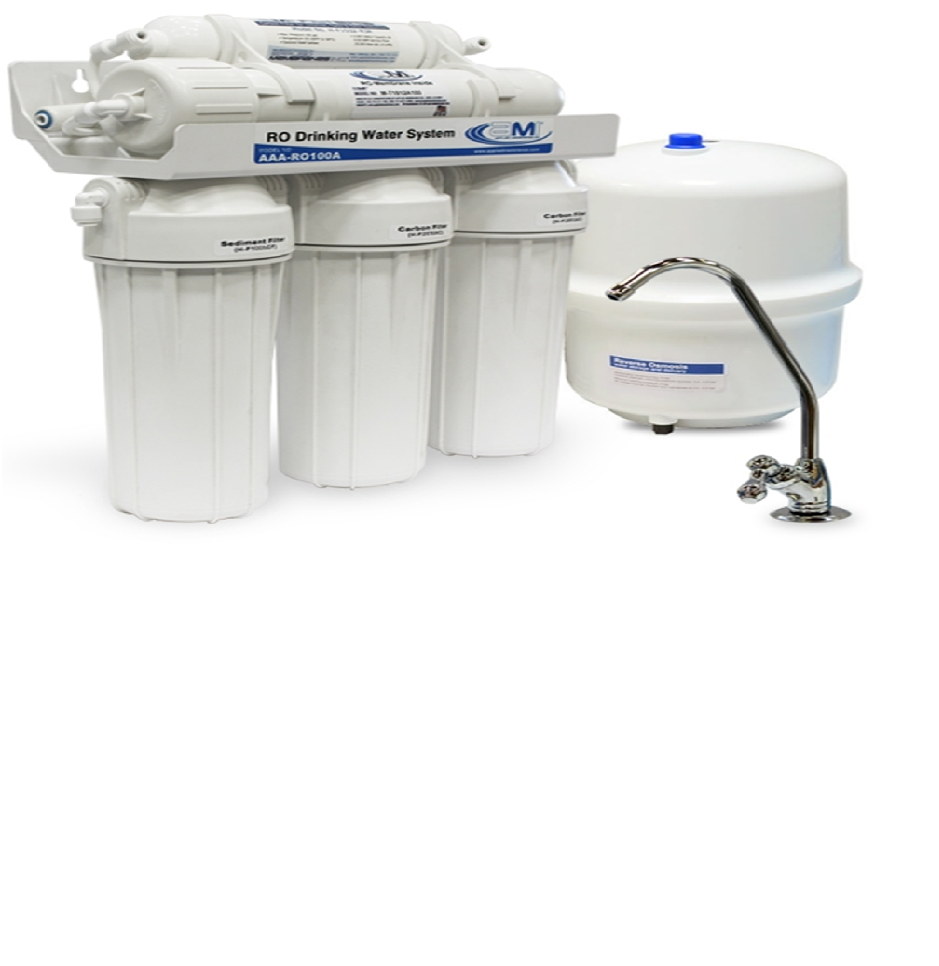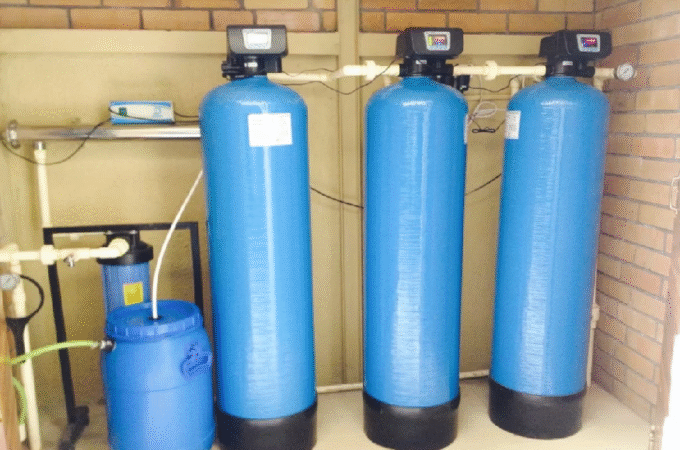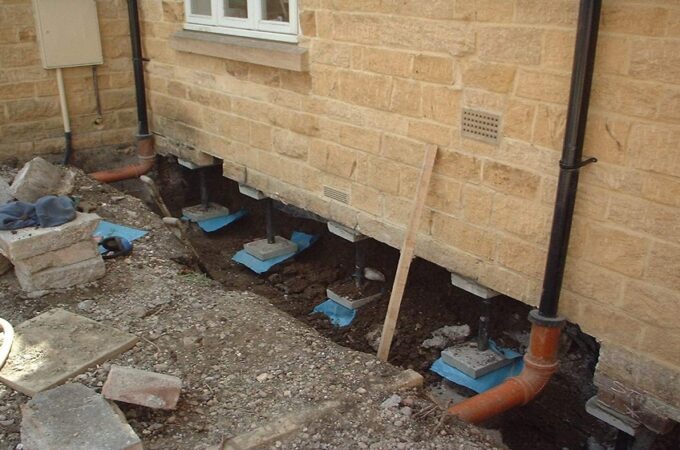
How Does Carbon Filter Water?
Water purification systems usually include at least one stage activated carbon filter. Activated charcoal filters are something you must have heard of. We will be discussing the importance of carbon charcoal for purifying water in this article.
You can purify your water at home and in buildings with activated carbon filters. These filters filter out pesticides, herbicides, and other contaminants. These filters are thought to make water healthier and more natural. Filters are often used by people who care about their health and want to reduce the amount of granulated particles, unpleasant odors, and flavors in water. It is important that activated charcoal filters are not able to remove bacteria, viruses, or fungal spores.
How Does Activated Carbon Work?
Activated carbon is a black powder that has a refined color. It is made from petroleum coke or coal bone, oil coal coke shells of coconut, and coal, olives, and sawdust. To activate coal, the highest temperatures are used. This is done by a commercial process. The core structure is altered by the temperature and the pores are shrunk. This makes porous carbon more porous than regular. Charcoal’s porous texture attracts negatively-charged molecules such as toxins and gases. This allows for the trapping and removal of chemicals and toxic substances.
To activate the coal, it is made to have a filtration surface that can absorb large amounts of water impurities. Absorption is the process of absorbing matter onto an absorbent surface. Activated carbon can retain large amounts of water because it has high absorption.
How Do Carbon Filters Work?
The removal of harmful substances is part of purification. The filter either blocks or chemically removes contaminants. This is different from reverse osmosis, which filters water through semipermeable membranes and distillates to separate contaminants. Water purification with filtering is simple and cost-effective.
One Of The Best Methods To Filter Carbon
Activated carbon filters are able to remove chlorine and organic compounds from water. It works in the same way as sand filters. Water flows through activated carbon filter bed, which retains contaminants. The filter medium filters water to get it out.
A unique mineral activated carbon provides water for drinking. It is compliant with international standards and meets all requirements.
Different Types Of Carbon Filters For Water:
There are two types of activated: block carbon or granular.
Activated carbon has a slight negative charge that can attract impurities. Block carbon, however, has higher removal rates. The rate of removal is affected by several factors such as water flow, carbon content, particle size, and time in contact with carbon. Carbon can remove particles ranging in size from 50 to 0.5 microns. One micron is 1,000,000th of a millimeter. Preferably, 0.001 mm. This is something the naked eye can’t see.
What Elements Does It Remove?
Carbon filters can remove many harmful chemicals. Carbon filters can remove many harmful chemicals, including benzene, radon, trihalomethane-solvent compound compounds, and volatile organic chemical chemicals like pesticides and herbicides. Many artificial substances can be in direct contact with water systems. Filters can also be used to remove unpleasant odors and tastes.
1. Granular Activated Carbon
Granular activated charcoal is a material that can be used to remove harmful chemicals from soil and water. Water flows through a filter made of granular activated carbon and compounds stick to it.
Activated carbon filters are suitable for any water source, including groundwater, rivers and lakes, springs, wells, municipalities, and brackish water. They are usually used in conjunction with a multi-filter. An activated carbon filter refers to a container or column with activated charcoal granules inside. Its unique structure and characteristics allow it to absorb harmful chemicals in the water being processed.
2. Block Carbon
Block carbon treatment can be a great way of getting rid of bad smells and pathogens like chlorine and microorganisms. Rest is comprised of bacteria and viruses. It can also store a variety of chemicals, including fuels, polychlorinated triphenyl, and dioxins. Rest can remove certain metals such as mercury and lead, provided that they aren’t present in large amounts.
The Benefits of an Activated Carbon Filter
- An activated carbon filter removes heavy metals from water and air.
- Activated carbon is extremely porous and has pores smaller than 2 nanometers. It is very efficient at absorbing phenomena.
- This is due to the attraction of heavy molecules onto solid surfaces such as coal. This process leaves behind only the purest liquids or gases.
This post was written by a water treatment expert at Pure Blue H2O. At Pure Blue H2O we are the providers of the best reverse osmosis filter! We know that the best product comes from the best materials. They offer whole home water solutions such as reverse osmosis systems, shower head filtration, filter replacements, and a variety of similar products. Their focus is to provide Americans with safe and clean water throughout the home.





